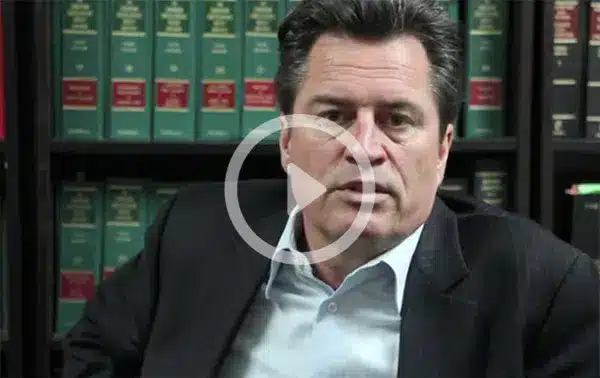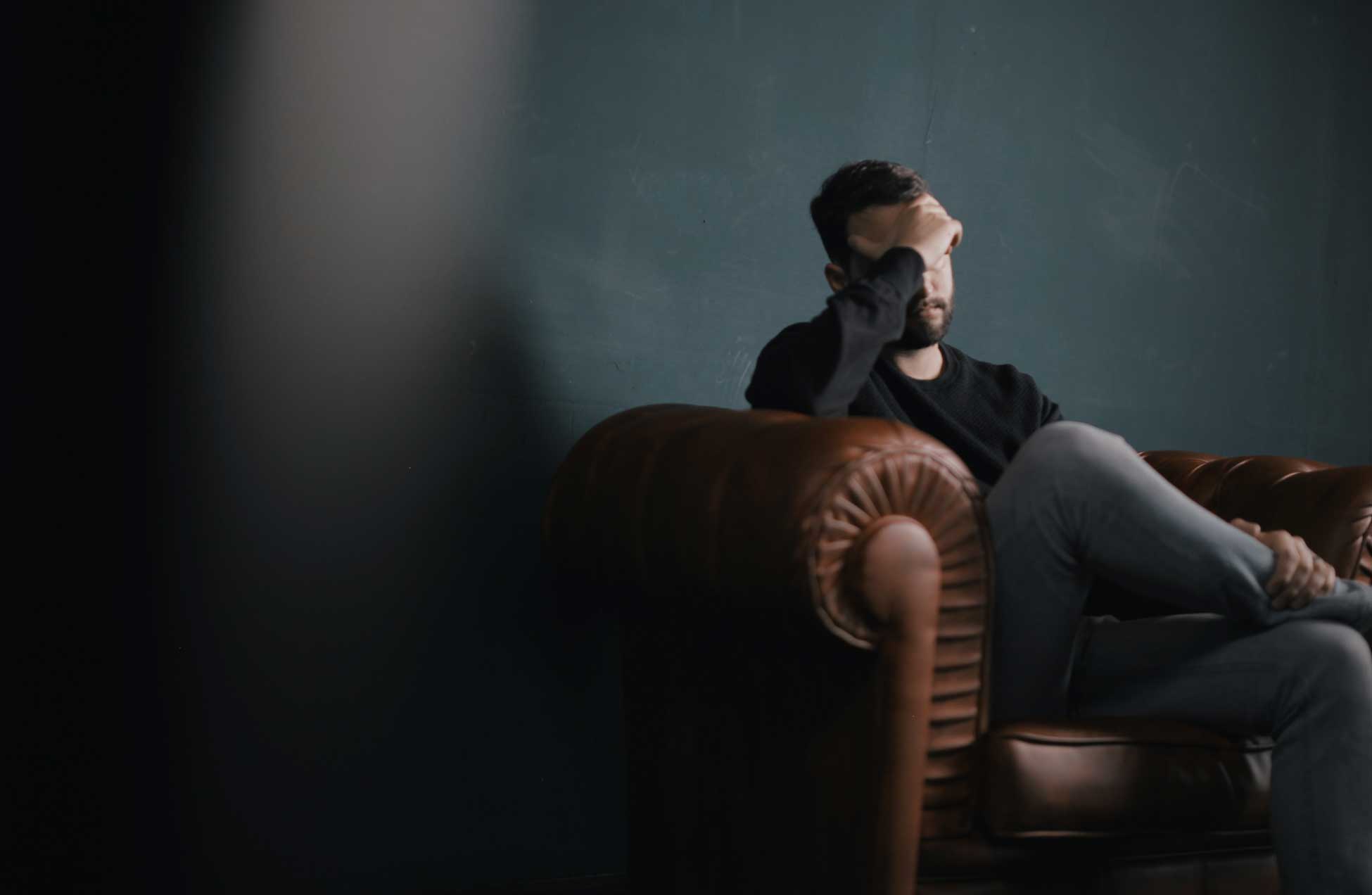DWI Toronto Defense Lawyer
A charge occurs when a police officer has a reason to believe that a person’s ability to operate a motor vehicle may be impaired by drugs or alcohol-based on physical observations such as slurred speech, diminished motor skills, and poor driving.
Get your free consultation today - we're here to help.
SPEAK WITH A LAWYER NOW
Schedule a free driving while impaired case review
Driving While Impaired
Most people do not think of impaired driving as a criminal offence. Most people perceive it as a minor offence. The fact is, impaired driving, driving under the influence, DWI, DUI, drunk driving, and driving while high is classified among the most serious criminal offences despite the high number of cases because they can create huge damage to property and result in the loss of life. Because of this, people arrested for impaired driving are charged under the Criminal Code and are often given harsh penalties.
Impaired Driving
Common ways a police officer may be able to tell that a driver is impaired are:
- Erratic Driving/Behaviour
- Headlights are not on
- Alcohol on the breath
- Bloodshot eyes
- Slurred speech
- Uncoordinated
- Unsteady on your feet
With over 30 years of legal experience at Calvin Barry Law, we have not yet come in contact with a case that cannot be defended. If you have specific questions about your impaired driving charge, do not hesitate to give us a call and avail of our obligation-free initial consultation.

When Dealing with an Impaired Driving Charge
Being arrested or having a charge of impaired driving does not automatically mean that you are guilty. Note that you do not have to plead guilty to a DWI charge. Pleading guilty when you are not at fault can result in severe and life-long DWI consequences.
When you are charged with a criminal offence, just know that you have the right to defend yourself and:
You Do Not Have to Plead Guilty
You do not have to plead guilty to a DWI charge
Talk to a Lawyer
Talk to a lawyer of your choice
Dismiss Charge
Find ways to have the charge dismissed
Resolve Charge
Seek a way to resolve the charge or plead not guilty to proceed to a trial
Toronto Impaired Driving/ DUI Penalties
Just a quick look at the above, and it is clear that anyone charged with impaired driving must make it a priority to consult with an experienced impaired driving lawyer as soon as possible, especially if a DWI involves bodily harm. Note that aside from the above, other consequences include negative effects on one’s reputation, ability to travel, gain employment, and more.
A highly skilled Toronto impaired driving lawyer has the knowledge and expertise to navigate the complex and technical aspects of the Criminal Code’s impaired driving laws to create a strong defence tailored to each individual case. At Calvin Barry Law, our team cares about each case’s outcome because we know how devastating the life-altering consequences of an impaired driving conviction can be. We will do all that we can to ensure that one small mistake will not have a prolonged detrimental effect on your reputation and life.
Impaired Driving Charges
Impaired Driving Defence
We make use of a variety of defences and tailor them according to what will work best according to the specific details of your impaired driving charge. These defences include:
Challenging the reasons cited by the police officer for obtaining a breath sample
Challenging the technical aspects of the procedure for blood testing or using a breathalyzer
Challenging the subjective judgment of the police officer about what constitutes impairment
Challenging other details that are exclusive to the circumstances of your arrest
Appealing for the exclusion of evidence that the police officer obtained with violation of your Charter protected rights
We strongly encourage consulting with our team at Calvin Barry Law to determine the best defence strategy for your impaired driving charge. Know that it is your legal right to hire an impaired driving lawyer upon arrest or detainment related to impaired driving.
Drinking and driving offences require evidence that someone could not operate a vehicle safely during driving or control a vehicle due to the influence of alcohol or drugs. Although the degree of impairment may be slight, it must still be proven beyond a reasonable doubt. Courts look at various details when determining whether a person is guilty of a drinking and driving offence, including balance, comprehension, coordination, fine motor skills, judgment, physical movement, and reaction time.
It can support an impaired driving charge if someone has difficulty understanding or is uncoordinated. In Canada, any driving behaviour that puts people in danger on the roads due to the impairment of the driver’s ability by drugs, alcohol, or any other substance is considered an impaired driving offence. These offences can result in serious penalties such as hefty fines, jail time, and a criminal record.
Motorized vehicles include:
- Cars
- Trucks
- Boats
- Snowmobiles
- E-bicycles
- Off-road transportation like ATVs
Consequences for Driving While Impaired
If you are caught driving while under the influence of alcohol, you face serious penalties. This could include hefty fines, jail time, the suspension of your driver’s license, and other punishments.
1st Offence
For someone who commits a first offence, the law requires the minimum punishment to be a 12-month ban on driving and a fine of $1000 plus an additional fee of 30% to be paid to the victim.
2nd Offence
For a second violation, the required least punishment is a 30-day jail sentence and a two-year restriction from driving.
3rd Offence
An individual must serve a minimum of 120 days in prison for repeated violations and cannot drive for three years.
Suppose you are convicted of driving under the influence of alcohol. In that case, you will have a criminal record, your auto insurance premiums will increase considerably, and you will have to abide by the rules set forth by the Ministry of Transportation (MTO) to reinstate your driver’s license.
Being convicted of a drinking and driving offence while causing harm to someone else will have significantly harsher repercussions than a usual DUI charge. The legal penalties are much more severe if a person is hurt or dies due to their actions.
Working with Calvin Barry
DUI offences are serious criminal charges with varying levels of severity. It is important to contact a lawyer specializing in defending DUI cases, as they will be able to advise you on the best course of action and will be well-versed in the various factors that can affect the severity of the charge.
Acting swiftly after an arrest or charge of a DUI is essential to ensure that all possible avenues to build a defence case are explored. Contacting a criminal defence lawyer experienced in DUI cases, like Calvin Barry, is imperative to guarantee that all evidence is collected quickly and that the client’s rights are protected.
Taking prompt action is the key to a successful defence. We review evidence from the scene, witness testimony, and surveillance footage to ensure the client’s rights are respected.
10 FAQs about Driving While Impaired
1. What constitutes impaired driving in Canada?
Impaired driving is not just about alcohol—it can also involve drugs or a combination of both. The law considers your physical and mental state while operating a vehicle. If you’ve been accused, it’s crucial to get legal advice as the implications can be complex. Our team can help clarify these complexities and defend your case. Don’t hesitate to reach out for a detailed consultation.
2. Can I refuse a breathalyzer or sobriety test in Canada?
Refusing these tests is a serious decision that comes with its own set of legal challenges. Before you make any decisions that could impact your future, it’s important to understand your rights. Our legal experts can provide you with the necessary information to make an informed choice. Submit your query and let us guide you.
3. What are the penalties for a first-time impaired driving offense in Canada?
The penalties can vary, but they may include a criminal record, fines, and loss of driving privileges. The repercussions can ripple through your personal and professional life. To minimize these penalties, it’s essential to have a strong defense. Contact us to explore how we can help mitigate the penalties.
4. How can a lawyer help with my impaired driving charge?
A lawyer can scrutinize the evidence, question the procedures followed during your arrest, and work towards a favorable outcome. With our expertise, we can navigate the legal system to your best advantage. Let’s discuss your case in detail.
5. What should I do immediately after being charged with impaired driving?
Immediate action can significantly affect the outcome of your case. Gathering evidence and seeking legal advice early on is crucial. Our team is prepared to act swiftly to defend your rights. Reach out to us immediately for urgent legal support.
6. How does impaired driving affect my driving record and insurance?
An impaired driving charge can lead to a tarnished driving record and skyrocketing insurance premiums. In some cases, insurance coverage may be denied. To prevent these outcomes, you need a legal strategy. We can help, so please get in touch as soon as possible.
7. Can I still drive after an impaired driving charge in Canada?
You may face an immediate license suspension, and the ability to drive can be crucial for your livelihood. There are potential steps to regain your driving privileges. Discuss your options with us to find out how you can get back on the road legally.
8. What defenses are available for an impaired driving charge?
There are numerous defenses, but they depend on the specifics of your arrest. From challenging the testing equipment to procedural errors, each defense requires a nuanced approach. Our experienced lawyers can identify the best defense for your situation.
9. What are the long-term impacts of an impaired driving conviction?
A conviction can have lasting effects, from employment difficulties to international travel restrictions. It’s important to address these charges with a robust defense to protect your future. We’re here to offer comprehensive legal advice.
10. How can I avoid an impaired driving conviction?
The best way to avoid a conviction is with a solid defense strategy. Our legal team has the experience and knowledge to challenge the charges against you. Begin your defense by contacting us for a personalized consultation.
Client Reviews
Our clients praise us for our outstanding results, personable service and expert knowledge. Here are a couple of things some of them had to say:
Thank you!
Read Our News & Blog Content
Latest News – Toronto’s source for criminal law updates, alerts, news and analysis from leading lawyers in the field.

Concerning Drinking And Driving Statistics In Canada For 2022 (Part 2 Of 3)
Drinking and driving issues are Canada’s most significant contributors to public health and safety problems. This shows that drunk driving and impaired driving do not pick a place and time and that they are ongoing social problems that need to

Concerning Drinking And Driving Statistics In Canada For 2022 (Part 1 Of 3)
Unfortunately, deaths and accidents caused by drinking and driving continue to be a major public safety issue in Canada. These violent deaths cause immense pain for many families, often more than the combined number of hostage situations, armed robberies, and

DUI On An Electric Scooter In Ontario
2020 in Toronto, a 28-year-old knocked over a 64-year-old pedestrian with an electric scooter. The 28-year-old had a blood-alcohol level three times over the legal limit and received a sentence of 36 months probation, was ordered to pay restitution, fined
Contact Calvin Barry Today.
Contact an experienced criminal defence lawyer in Toronto to fight for your case.